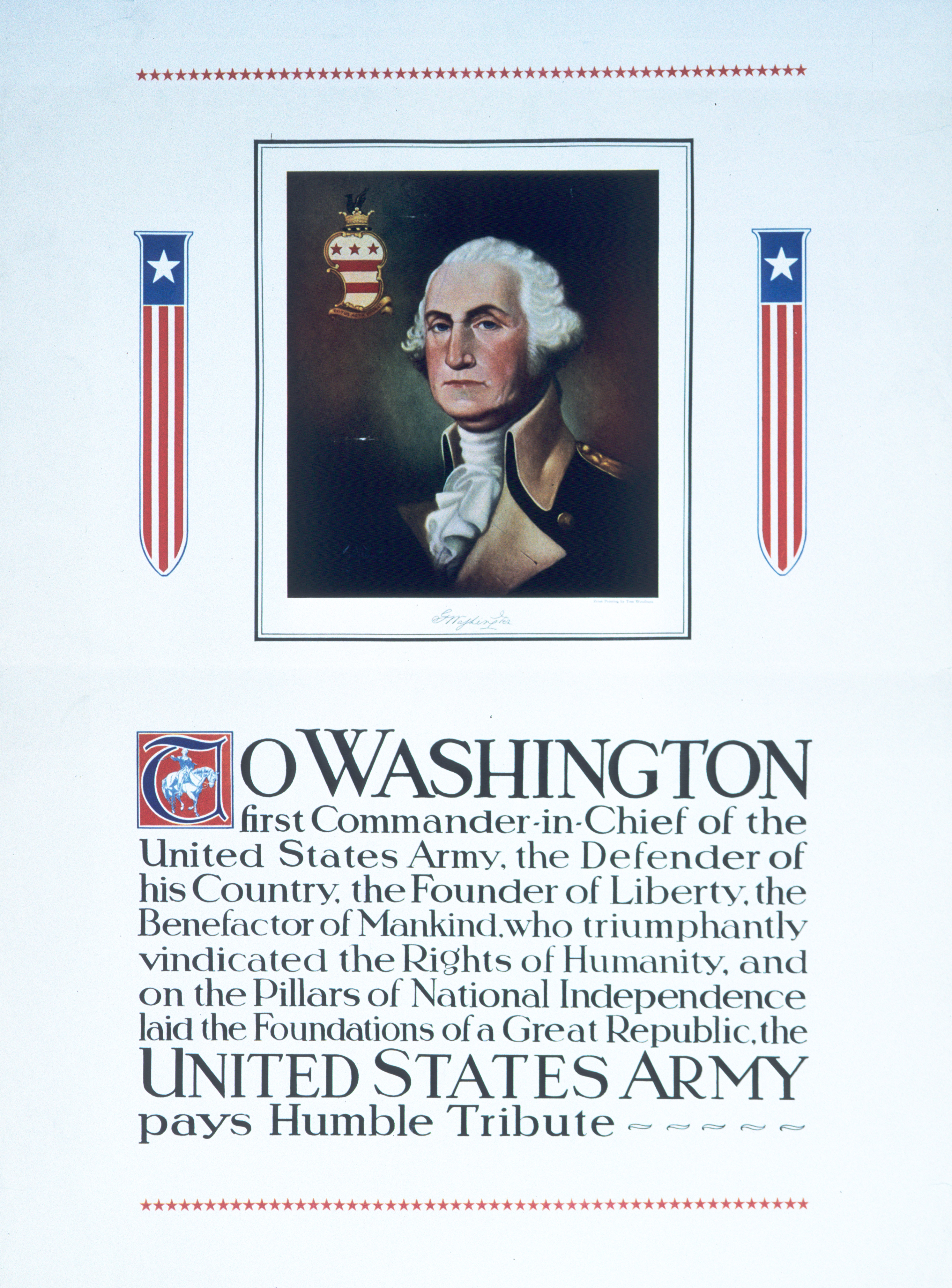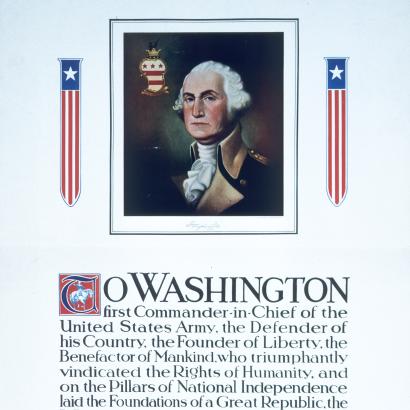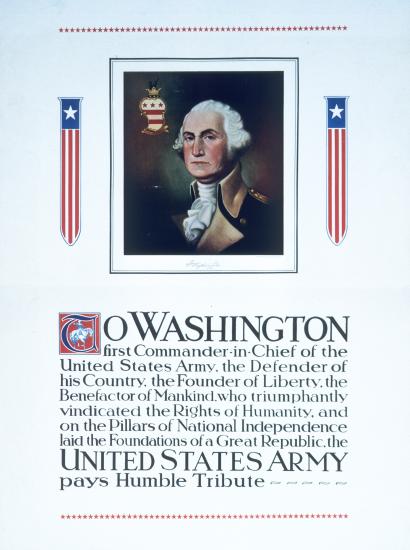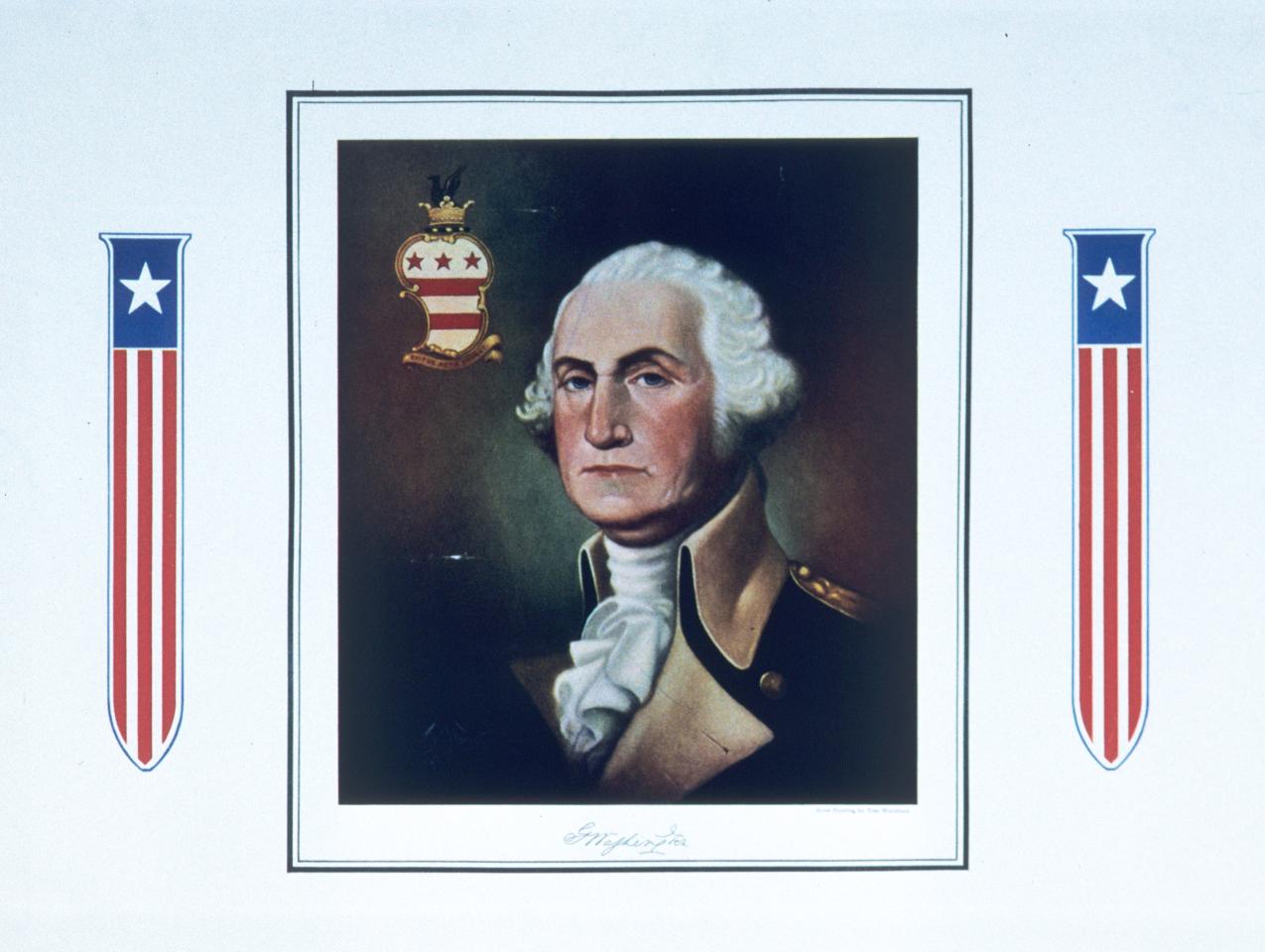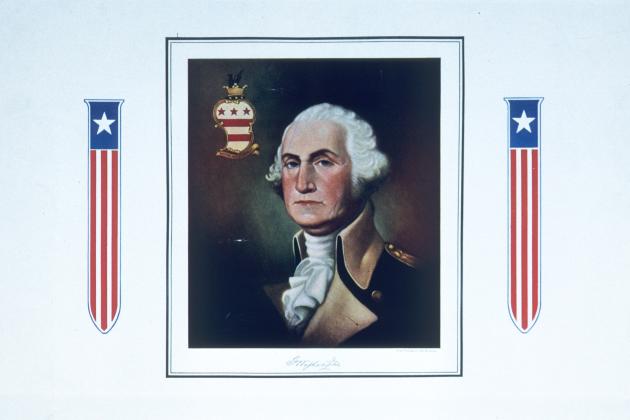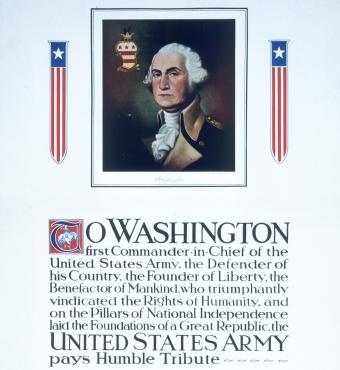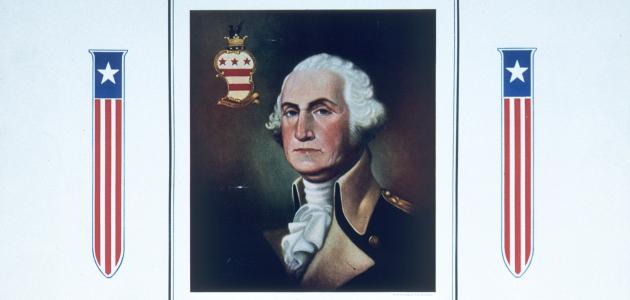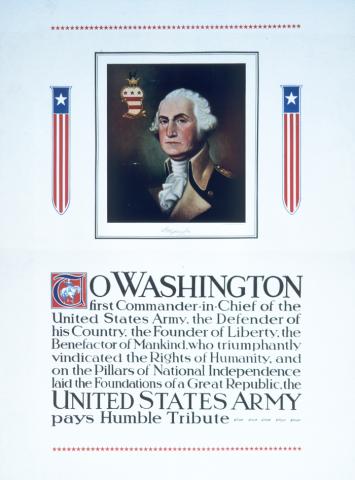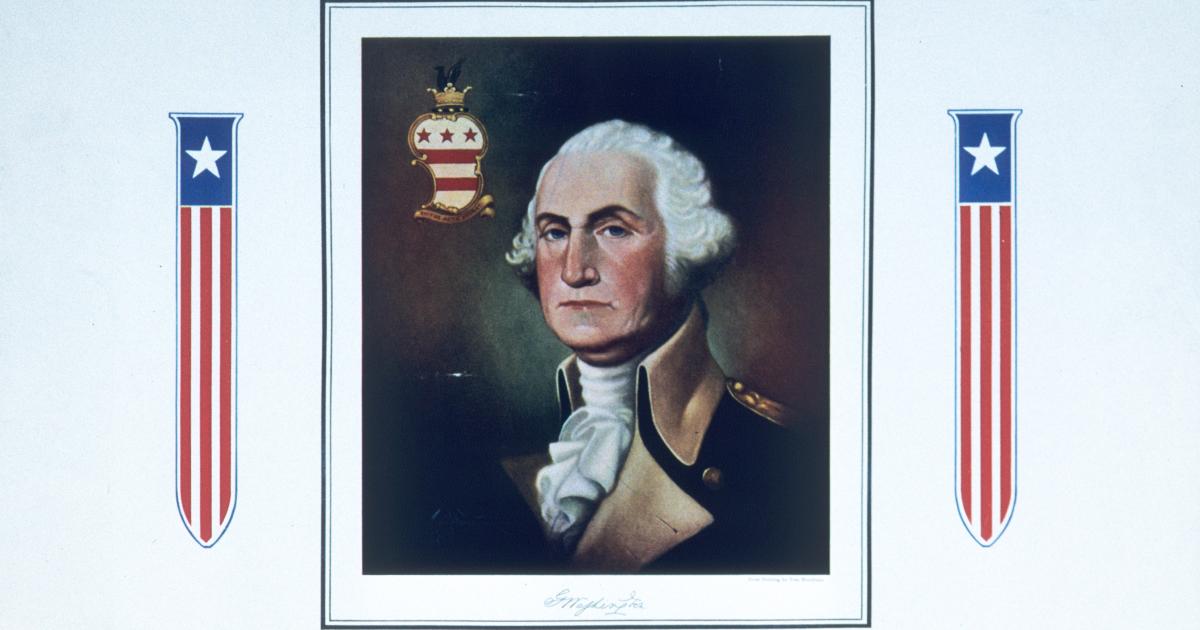- Military
- Revitalizing History
After his exploits on the battlefield leading American forces to victory during the Revolutionary War, General George Washington continued to have an enormous influence on the formation of our new country. First, he helped cement the critical republican principle of civilian control of the military, then he presided over and guided proceedings during the Constitutional Convention in Philadelphia, and finally, he helped set crucial precedent as our nation’s first president. In effect, Washington played a pivotal role in helping create The Spirit of Philadelphia, that coalescing energy which unified our nation with a sense of purpose, determination, collaboration, and optimism to tackle the many challenges we faced at the outset of the industrial age.
After the British surrendered at Yorktown, peace negotiations ensued, but they dragged on for more than a year. Faced with financial pressures, the Continental Congress temporarily stopped paying the Army in 1782, creating hardships for its soldiers and dissent among the ranks, including from some senior general officers. This came to a head in March 1783, when an anonymous letter circulated within the Army aimed to pressure Congress to rectify the matter of soldier pay and benefits. This letter included a veiled threat regarding the viability of the confederacy should Congress not act. When he learned of the letter, General Washington was understandably alarmed. The group of senior officers promoting the letter wanted Washington to take matters into his own hands and force Congress to act. Washington decisively quelled this rogue movement, addressing his troops and making clear his allegiances to the Continental Congress, and by extension, the necessity for armed forces to follow the lawful orders of elected leaders of the republic.
After that address, Washington rode to Annapolis where the Continental Congress was located at the time and resigned his commission, effectively ending the Newburgh Conspiracy as this entire episode latter became known (Washington’s Army was stationed outside of Newburgh, New York at the time). The entire ordeal could have ended ruinously for our new country had the military been commanded by an officer with a different moral–ethical code. Washington’s righteous action later became the inspiration for the creation of the Society of Cincinnatus; an organization of former military officers fully committed to the bedrock principle of civilian control of the military and supporting the highest ideals of our republic. This organization still exists to this day and Washington’s actions during the Newburgh Conspiracy have set the standard for civil–military relations throughout the Western world.
After resigning his commission, George Washington returned to his family estate at Mount Vernon, content to live out the rest of his days as a private citizen. However, duty called again in the spring of 1787, as our nascent country endured chaos and rebellion. The Articles of Confederation were proving ineffectual and especially difficult to amend and it appeared our new nation could fail. Many of our national leaders, especially James Madison, pressed Washington to return to public service to help lead the effort to reform the Articles. After learning that one of his loyal soldiers (Daniel Shays of Massachusetts) had led the rebellion of 1786, Washington was moved to action and agreed to go to Philadelphia to help resolve the crisis.
Although he hardly spoke during those four months of deliberation, Washington’s presence at the Constitutional Convention calmed the nerves of the delegates and gave them the confidence they would eventually reach agreement this time after several years of failure. The delegates began by electing Washington as the Convention’s presiding officer, and the former general thereafter organized the body for action. While James Madison arguably deserves the most credit for our new Constitution, it’s hard to imagine this happening without George Washington’s leadership. Washington not only pressed the delegates to compromise for the good of the country, but he also gave important testimony detailing his challenges dealing with the Continental Congress when he led the Army. That testimony convinced the delegates that they needed to create a separate executive branch to carry out the laws passed by Congress (under the Articles, the executive function was carried out by one of the Members of the Continental Congress serving on an administrative committee). The Delegates agreed to this move because of the widespread belief that Washington himself would serve as our first president. They (along with most of their fellow countrymen) were willing to set aside their fears of potentially repeating the abuses suffered under King George III, knowing that Washington could be trusted.
Finally, although it was not without mistakes and occasional drama, George Washington’s tenure as our first president did provide the steady leadership necessary to get our newly established republic off to a solid start. During the Washington administration our country witnessed the building out of institutions, such as the judiciary, which supported the concept of separation of powers instantiated by the Constitution. Moreover, compromises were reached among competing regional factions in the Congress to create a viable financial system and national bank, assume State debt incurred during the war, and to move the nation’s capital to situate it more in the geographic center of the country. At a time when Washington could have easily used his outsized influence to consolidate and centralize power to his own personal benefit, he reinforced and supported the new Constitution, which aimed to decentralize and separate power while keeping it transparent, checked, and accountable. Additionally, after two terms, Washington self-imposed term limits and vacated the office to demonstrate by personal example that public service meant putting the people and the Constitution above his personal needs and desires.
In his final act as he delivered his now-famous Farewell Address, Washington cautioned his fellow citizens to stay united. He was rightfully concerned that if this new republic got bogged down with petty conflicts, we could become vulnerable to the major powers in Europe who would eventually get around to seeing how dangerous this new order of the ages was to the continued existence of the ancien régime, with its kings, queens, and aristocracy. In this, Washington proved prescient.
Therefore, in any full accounting of his highly consequential life, we must recognize that by his sterling personal example and integrous actions, first as a soldier and later as wise statesman and president, Washington played a central role in forging The Spirit of Philadelphia. In doing so, Washington changed the arc of human history for the better.
Chris Gibson is a decorated Army combat veteran, a former Member of Congress, and a Participant of Hoover’s Working Group on the Role of Military History in Contemporary Conflict. This essay was drawn from Gibson’s latest book, The Spirit of Philadelphia: A Call to Recover the Founding Principles, published by Routledge in 2025.







